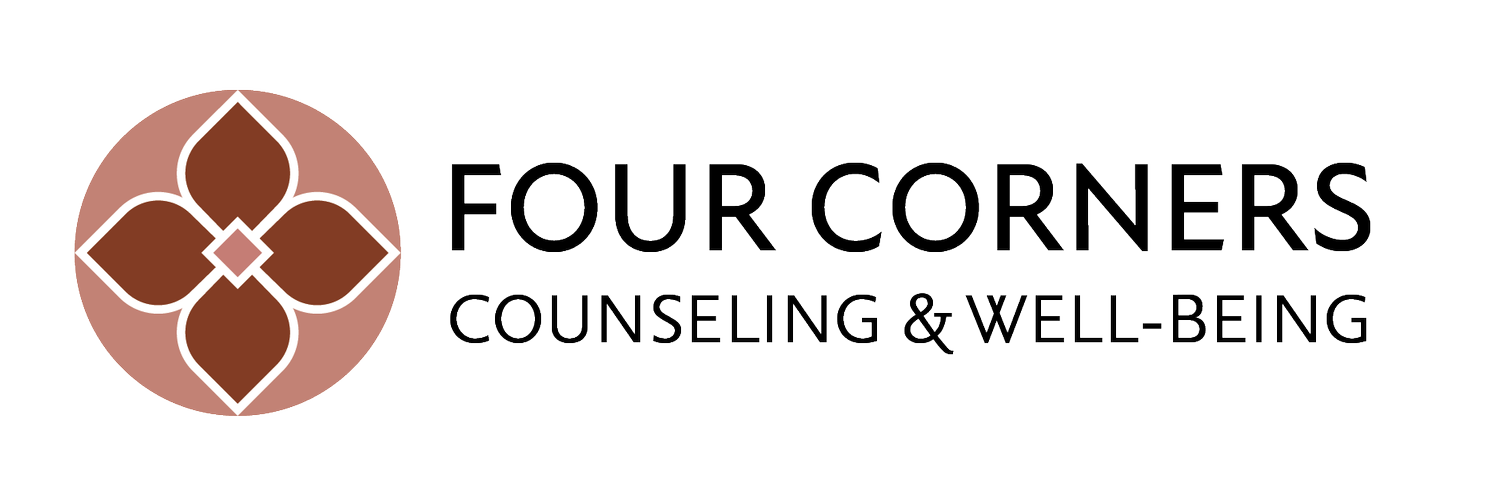Laying Down a New Path
Billions of cicadas are beginning to emerge from the earth, offering a glimpse of their 17-year underground existence, and it’s got me thinking of our collective awakening from hibernation of the COVID pandemic. Will we emerge to shed our hard shells and unfurl glimmering wings? What else does life have in store for us? And how has this journey impacted us?
Everyone has had a different experience through this Pandemic. Some have endured depression and trauma and may feel anxiety about what is yet to come. People often hide painful experiences from view, and may feel isolated, unable to touch hope, stumbling on ground that no longer seems firm. Some may have lost jobs, relationships, loved ones. The challenges of parenting and schooling children through a pandemic have been emotionally and physically taxing. How do we get back into the swing, in a world that has changed, in a life and body that have changed?
There’s no neat answer to that question, but this poem from Anthony Machado offers a different paradigm when contemplating how we live life.
Wanderer, the road is your
footsteps, nothing else;
wanderer, there is no path,
you lay down a path in walking.
In walking, you lay down a path
and when turning around
you see the road you’ll
never step on again.
Wanderer, path there is none,
only tracks on the ocean foam.
Poetry can help us by giving us a different perspective. Reading and writing poetry is one of multiple resources we can enlist when depression and trauma are impacting us. The works of Mary Oliver, Hafiz and Rumi offer many examples of the healing power of words. Those who have experienced losses may appreciate these lines from the Mary Oliver poem “In Blackwater Woods”:
To live in this world
You must be able
To do three things:
To love what is mortal;
To hold it
Against your bones knowing
Your own life depends on it;
And, when the time comes to let it go,
To let it go.
Moving forward in concrete ways
There are aspects of our lives that occur without our permission, outside our control and we often focus a lot of psychic energy on these areas. When we shift our focus to those things we do have some ability to change, we can start to see forward motion. Spending time in nature, even just a few minutes’ walk among the trees, is a method of “behavioral activation”; engaging in it can help us heal from the slowed-down feeling that can come with depression; or perhaps it allows us to touch the comfort we seek in the wake of trauma. Moving the body more, in ways that are fun and enjoyable can help a lot. Finding ways to connect with ourselves and with others, practicing relaxation and mindfulness and self-compassion, and increasing healthy foods in our diet, can also contribute.
Many of us are facing questions like: how do I keep myself and my family safe with schools and workplaces re-opening? How do I manage the challenges of schedule and workplace changes, managing kids’ needs, keeping relationships on track, re-connecting with people I haven’t seen in a year or more? How do I heal from a loss or trauma? How do I make new connections as I adjust to new life circumstances?
In my work as a Therapist, I am available to help you work through such issues. I am collaborative in my approach, using principles from Internal Family Systems Therapy and Acceptance and Commitment Therapy. As you embark on or continue your healing path, we will create a safe space, and I will offer tools to use in your healing.
Anne Lipp is currently available for teletherapy and looks forward to working with new clients. Please call 301.960.8960 to book an appointment.

